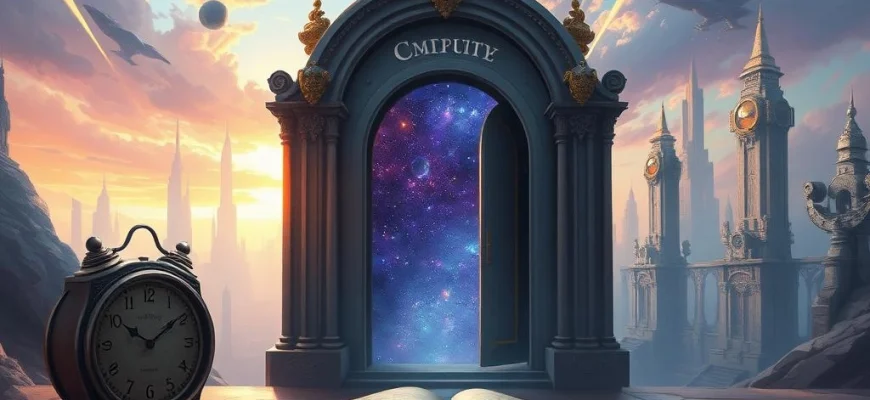If you loved 'The Infinite Worlds of H.G. Wells (2001)' and its blend of science fiction, mystery, and classic storytelling, you're in for a treat! This article explores 10 similar movies and shows that capture the same imaginative spirit, transporting you to worlds filled with wonder and intrigue. Whether you're a fan of vintage sci-fi or modern adaptations, these picks will keep you enthralled.
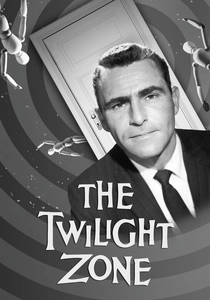
The Twilight Zone (1959)
Description: An anthology series that explores science fiction, fantasy, and horror themes, often with a twist ending. It delves into human nature and societal issues through speculative storytelling.
Fact: The show was created by Rod Serling, who also served as the narrator. Many episodes are considered classics and have been referenced in popular culture for decades.
 Watch Now
Watch Now 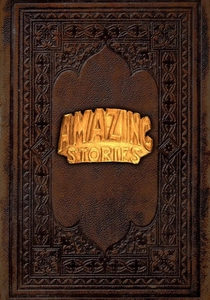
Amazing Stories (1985)
Description: A science fiction and fantasy anthology series that presents standalone stories with imaginative and often whimsical plots, blending elements of wonder and the supernatural.
Fact: The series was produced by Steven Spielberg and featured contributions from notable directors and writers. It was revived in 2020 for a new generation of viewers.
 Watch Now
Watch Now 
The X-Files (1993)
Description: A series that combines science fiction, horror, and mystery, following FBI agents as they investigate paranormal phenomena and government conspiracies, often delving into the unknown.
Fact: The show popularized the phrase 'The truth is out there' and became a cultural phenomenon in the 1990s.
 Watch Now
Watch Now 
Masters of Science Fiction (2007)
Description: A series that adapts works from renowned science fiction authors, presenting thought-provoking narratives that examine advanced technology, alien encounters, and ethical quandaries.
Fact: The show was short-lived but featured adaptations of stories by authors like Robert A. Heinlein and Harlan Ellison.
 Watch Now
Watch Now 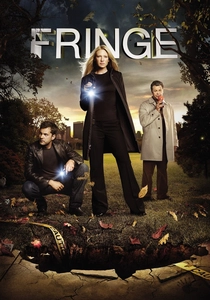
Fringe (2008)
Description: A science fiction series that explores alternate realities, fringe science, and mysterious phenomena, blending procedural storytelling with overarching mythology and speculative concepts.
Fact: The show was created by J.J. Abrams and drew comparisons to 'The X-Files' for its mix of standalone episodes and serialized storytelling.
 Watch Now
Watch Now 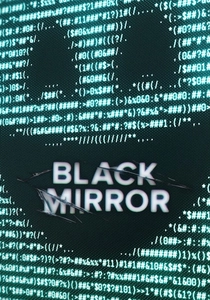
Black Mirror (2011)
Description: A modern anthology series that explores the dark and often unsettling implications of technology on society, with each episode presenting a standalone dystopian or speculative story.
Fact: The series gained a cult following and has been praised for its eerily accurate predictions of future technological trends.
 Watch Now
Watch Now 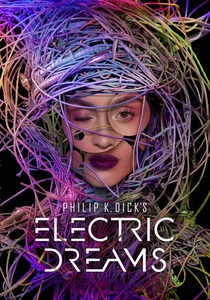
Philip K. Dick's Electric Dreams (2017)
Description: An anthology series based on the works of Philip K. Dick, featuring stories that explore dystopian futures, artificial intelligence, and the nature of reality, often with a philosophical twist.
Fact: Each episode is a standalone adaptation of one of Dick's short stories, showcasing his visionary and often unsettling ideas.
 Watch Now
Watch Now 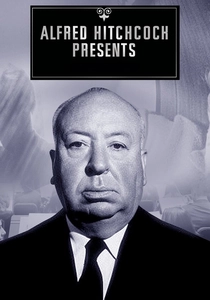
Alfred Hitchcock Presents (1955)
Description: An anthology series that blends suspense, mystery, and psychological drama, often with a twist ending. While not strictly science fiction, it shares a storytelling style that keeps viewers guessing.
Fact: Alfred Hitchcock himself introduced and sometimes directed episodes, adding his signature dark humor and suspenseful tone.
 Watch Now
Watch Now 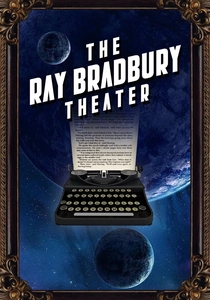
The Ray Bradbury Theater (1985)
Description: An anthology series based on the works of Ray Bradbury, featuring stories that explore futuristic concepts, human emotions, and moral dilemmas through a science fiction lens.
Fact: Ray Bradbury himself introduced each episode, and many stories were adapted from his extensive collection of short stories.
 Watch Now
Watch Now 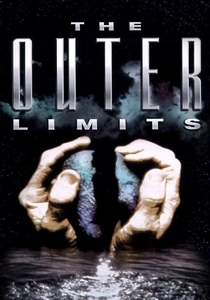
The Outer Limits (1995)
Description: A revival of the classic series, featuring science fiction stories that often involve alien encounters, advanced technology, and moral dilemmas, with a focus on the unknown and the unexplained.
Fact: The show was known for its iconic opening narration: 'There is nothing wrong with your television set.'
 Watch Now
Watch Now 
